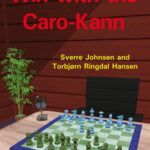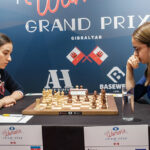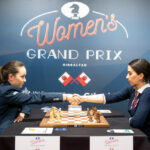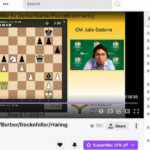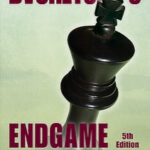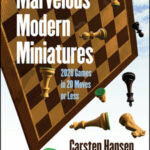International Chess Day: The Caro-Kann
In 2021, Gambit Publications published Win with the Caro-Kann. The authors, Norwegians Sverre Johnsen and Grandmaster Torbjørn Ringdal Hansen, recommend specific lines for Black. The book’s specialization is a plus if a reader is looking for a repertoire. It also is a useful guide to selected lines of the Caro-Kann Defense, if you are teaching chess for International Chess Day, July 20, 2021. More 🡢
